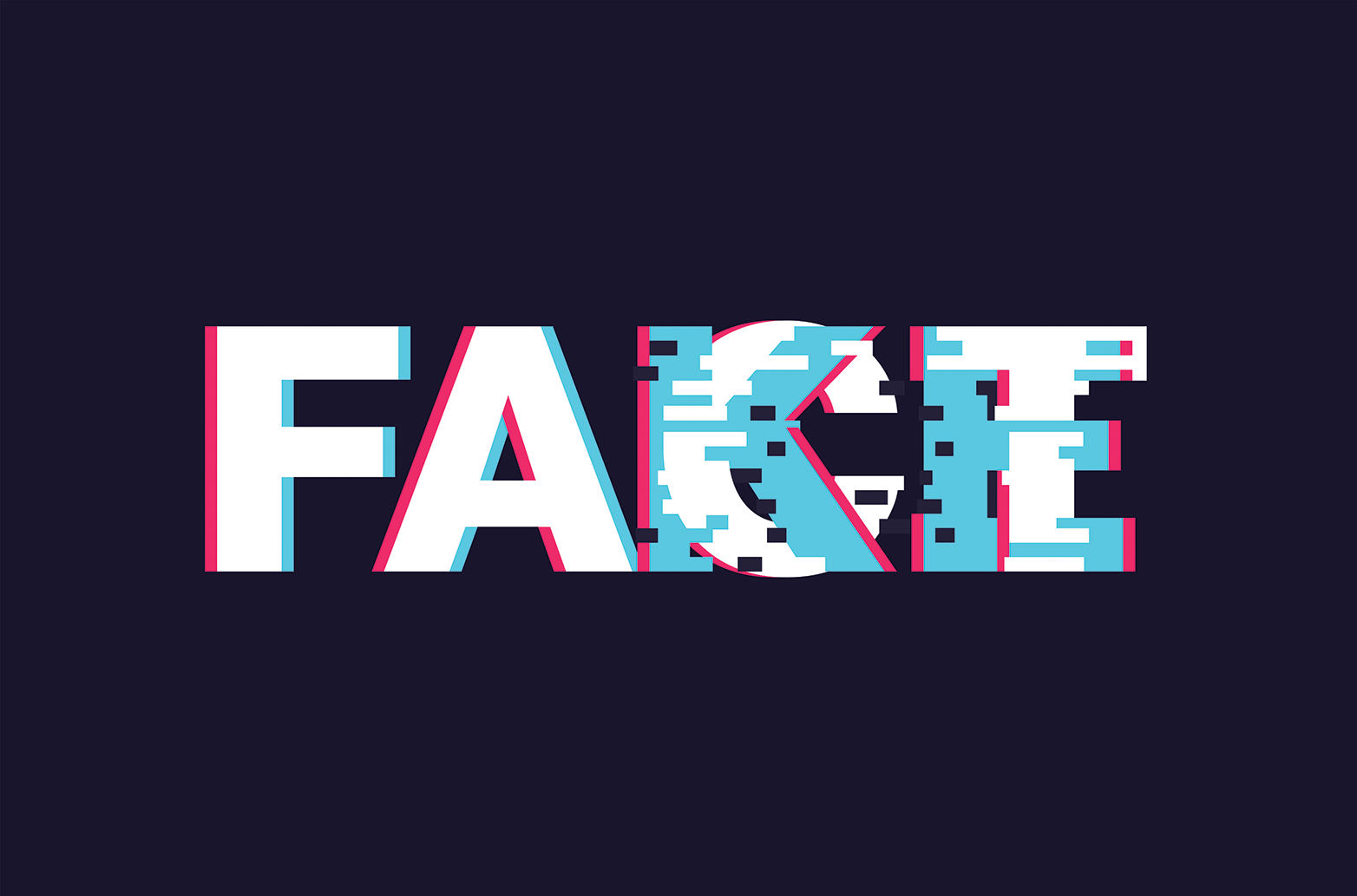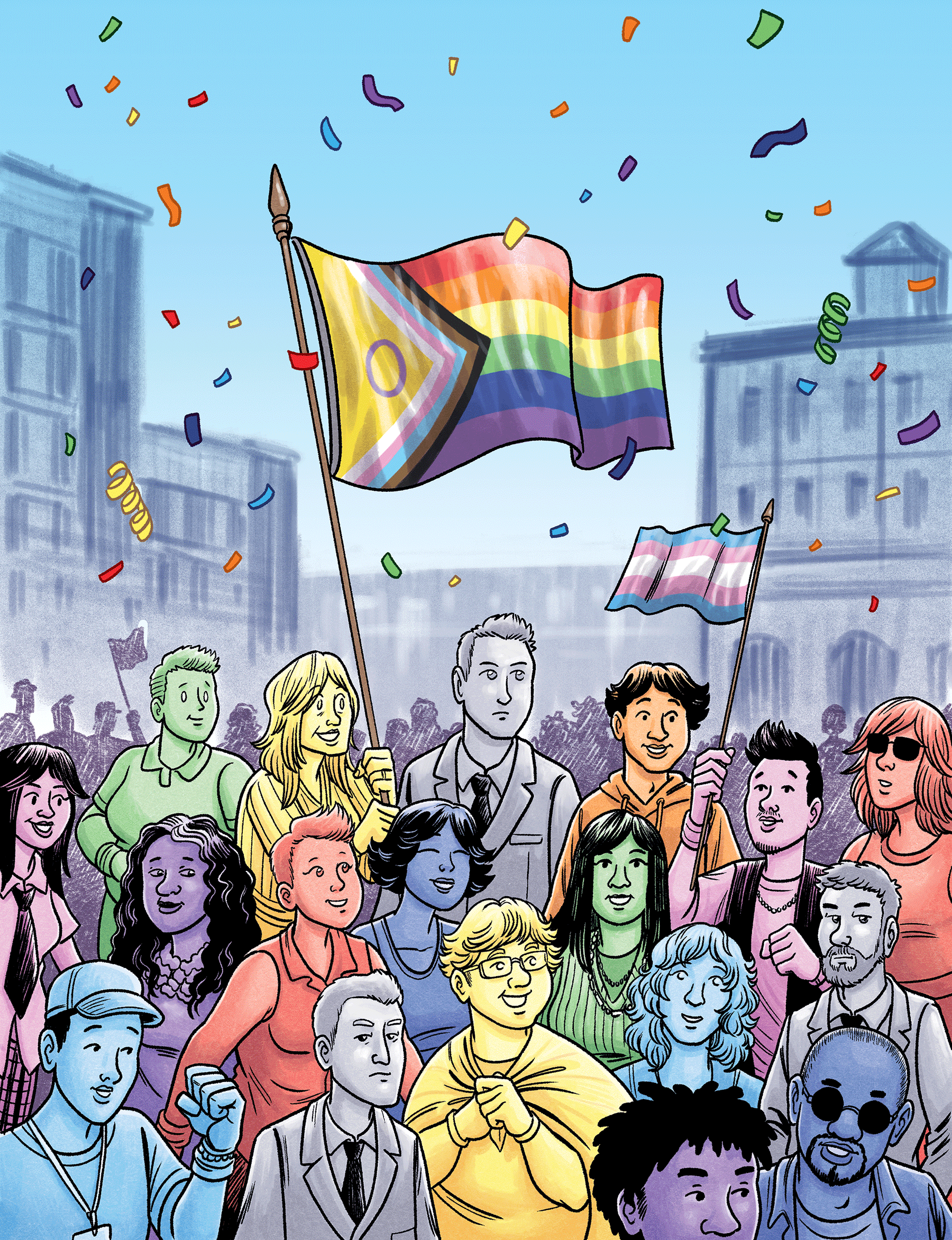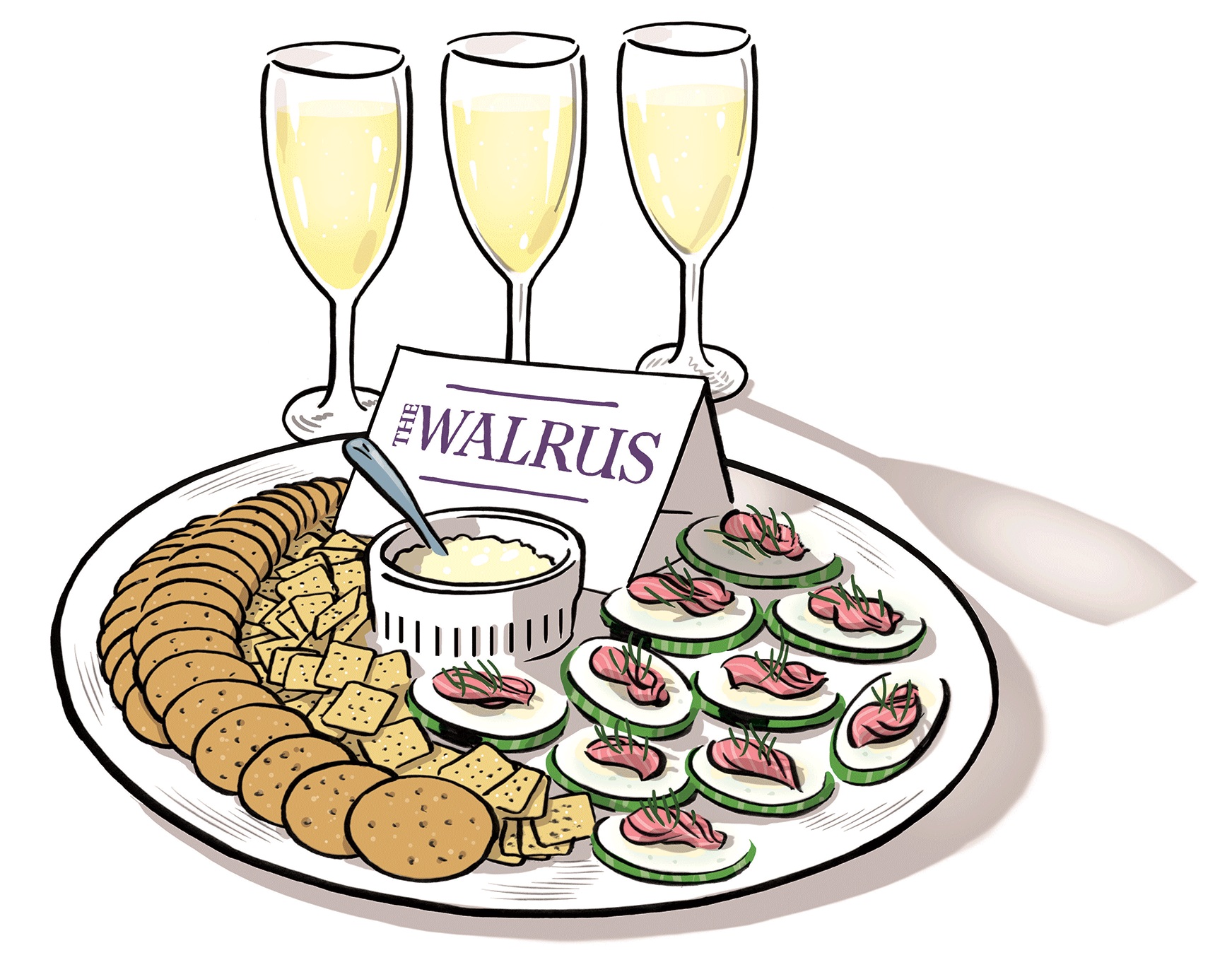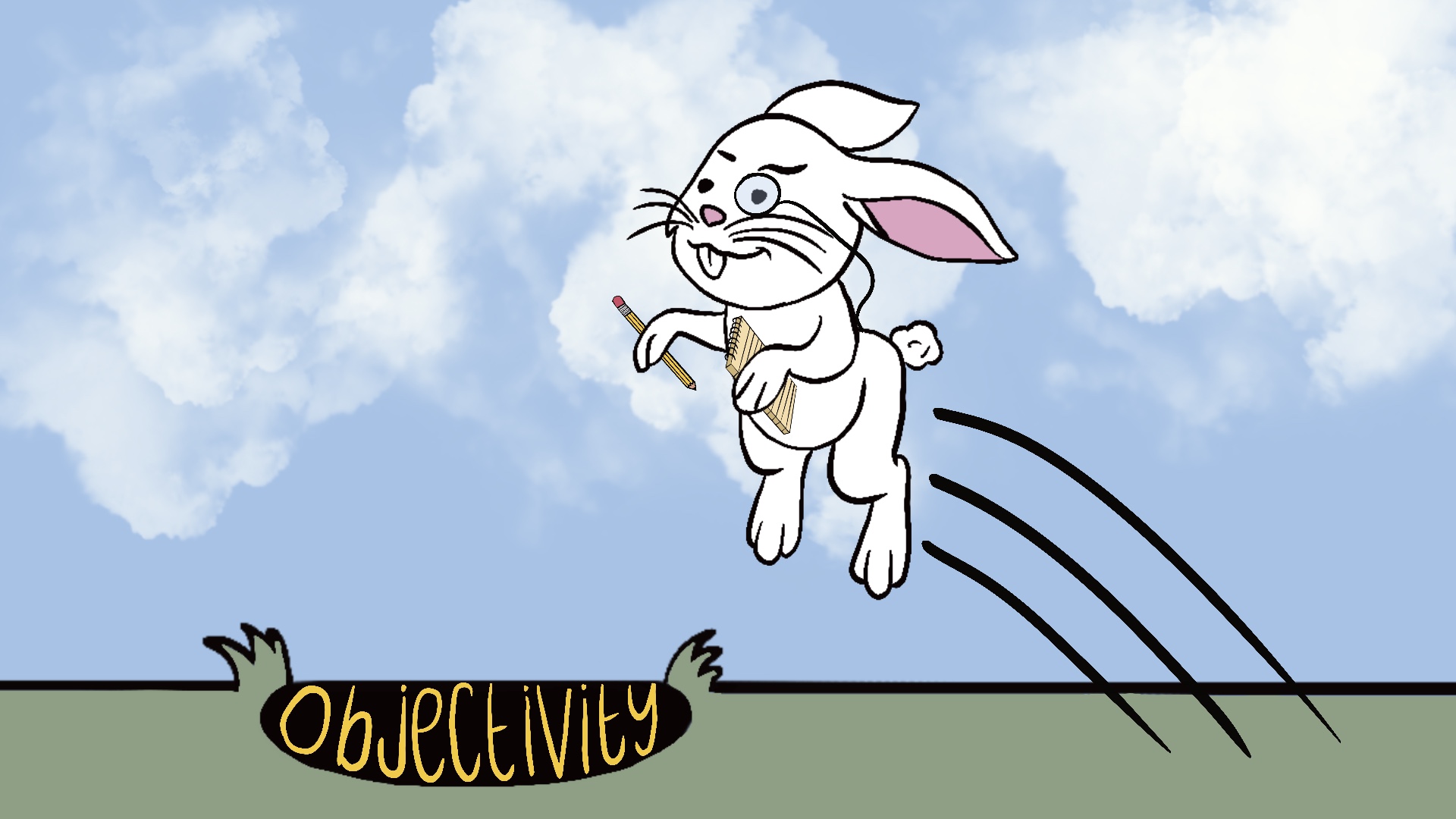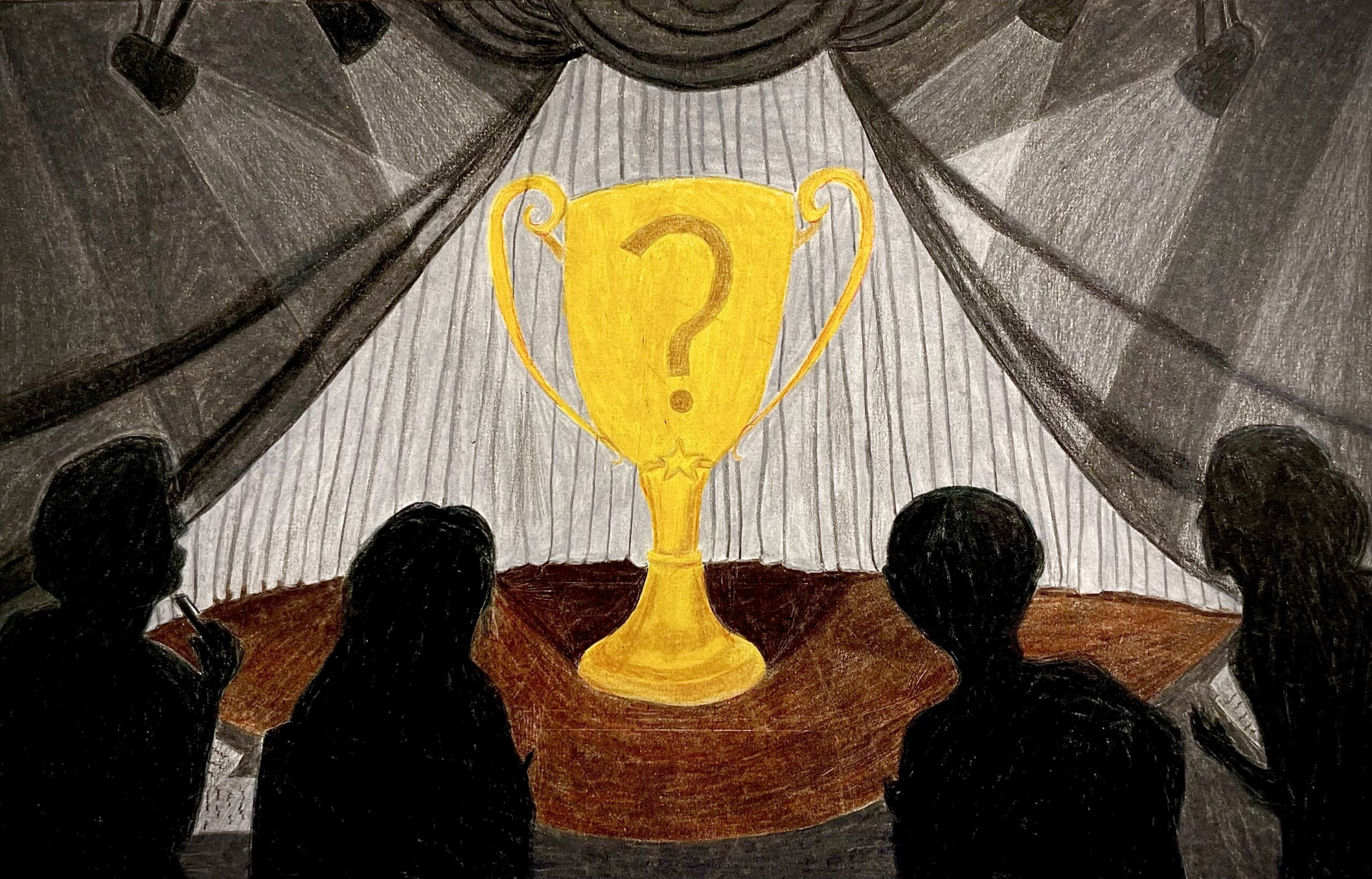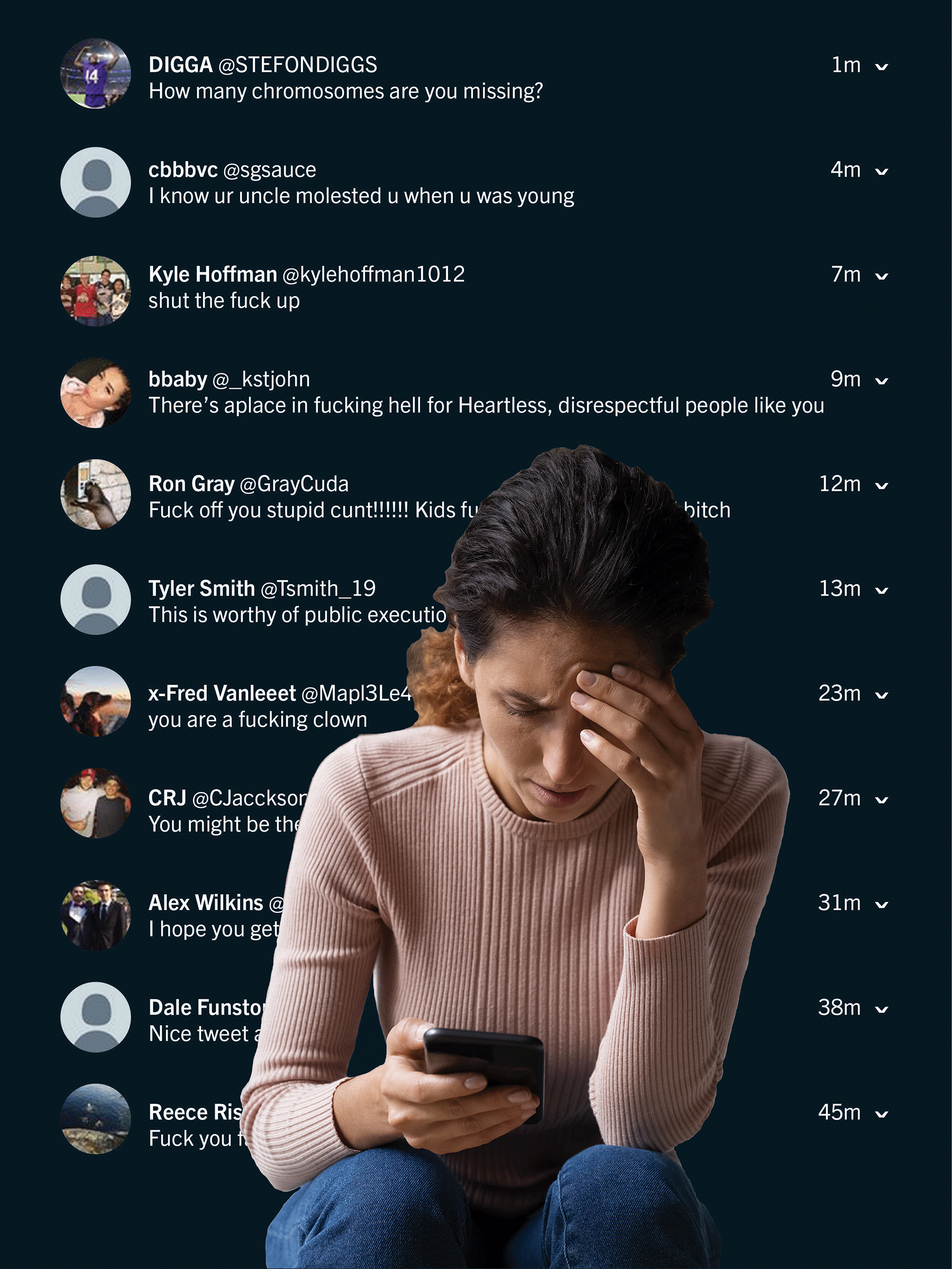You Never Forget Your First
When that first story finally comes together, it’s not the masterpiece you imagined. You wince at the phrasing, obsess over the structure, and brace yourself for feedback. Then you see your name in print and realize that your voice can reach an audience. It ignites a hunger to tell more stories, refine your craft, and chase the next byline, because now you understand the power of being heard.
